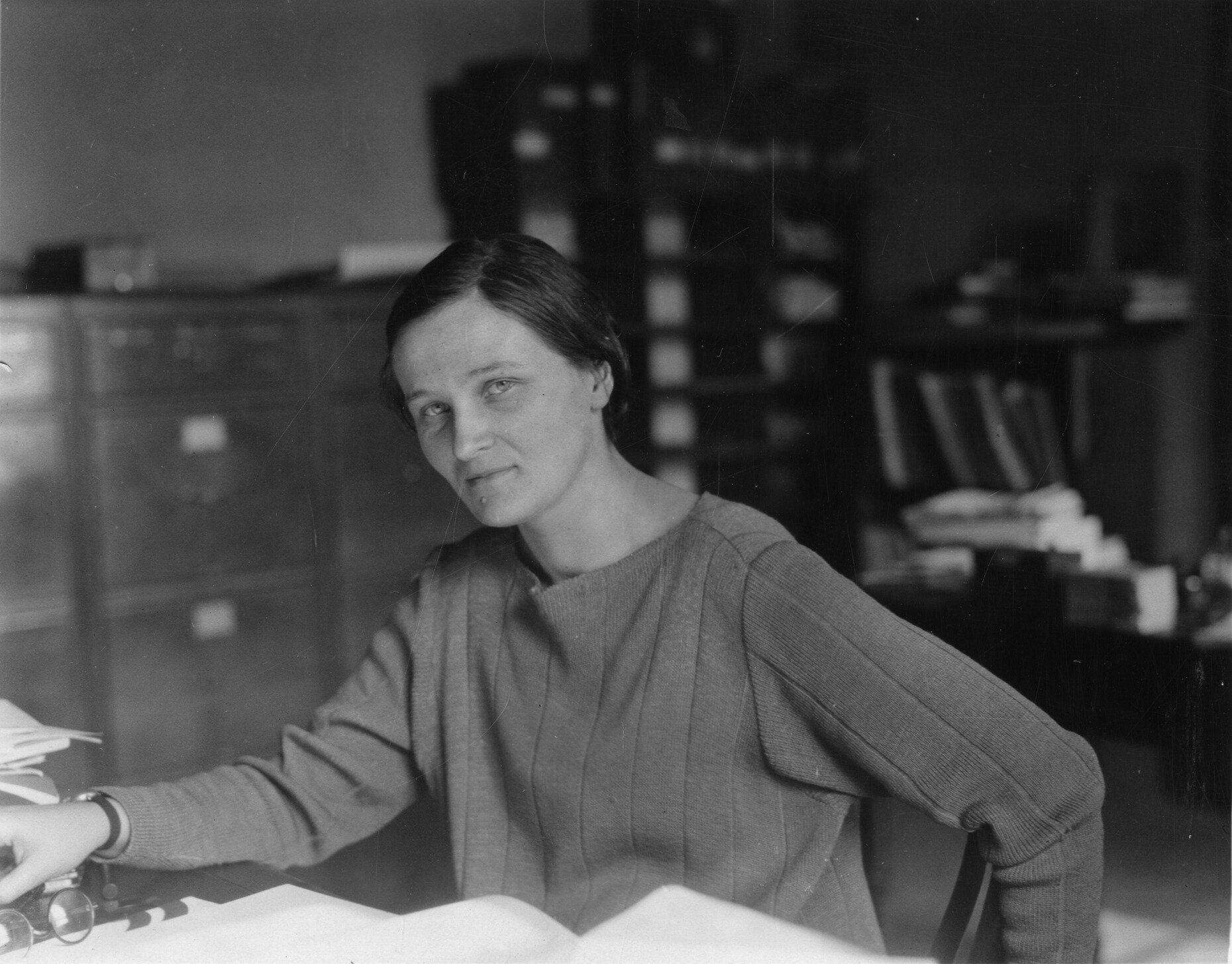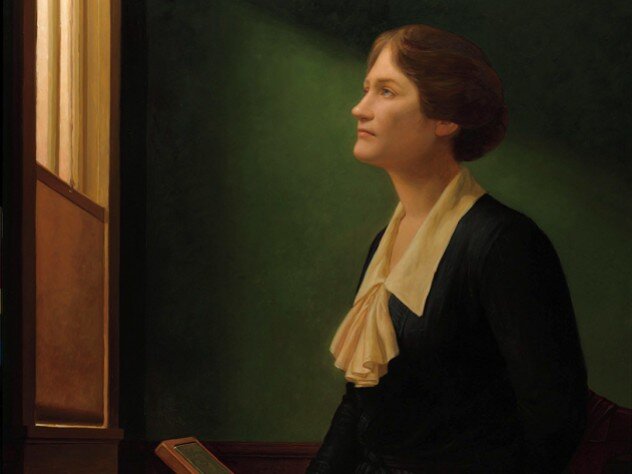Cecilia Payne, in her own words…
Cecilia Payne
on harlow shapley, supervisor of the harvard observatory:
“The young director was everywhere, running upstairs two steps at a time, pushing his soft sandy hair off his forehead, greeting everyone with the same casual cheerfulness. He knew exactly what each member of the staff was doing…. Everyone adored him -- the older women and the young girls who were soon added to the team.
With his susceptibility to flattery went a less endearing trait. He never forgot or forgave a slight. He was vain and vindictive. A generous supporter, a stimulating companion, he could also be an implacable enemy.”
Henry Norris Russell
on her loss:
“I brought my work to Shapley, he was skeptical, and his skepticism was backed by the weighty opinion of Henry Norris Russell. I was not to publish my results.
I was to blame for not having pressed my point. I have given in to authority when I believed I was right. That is another example of How Not To Do Research. I note it here as a warning to the young. If you are sure of your facts, you should defend your position.”
on Ernest Rutherford’s advanced physics class at Cambridge:
“I was the only woman student who attended, and the regulations required that women should sit by themselves in the front row. There had been a time when a chaperone was necessary, but mercifully that day was past. At every lecture Rutherford would gaze at me pointedly, as I sat by myself under his very nose, and would begin in his stentorian voice: ‘Ladies and gentlemen.’ All the boys regularly greeted this witticism with thunderous applause stamping with their feet in the traditional manner, and at every lecture I wished I could sink into the earth. To this day I instinctively take my place as far back as possible in a lecture room.”
Harlow Shapley
on henry norris russell, who silenced cecilia and later took credit for her discovery:
“Russell had been Shapley’s teacher and mentor, and his word was law. If a piece of work received his imprimatur, it could be published; if not, it must be set aside and its author had a hard row to hoe. His word could make or break a young scientist. It was my good fortune to receive the stamp of his approval in the beginning, though he vetoed some of my most cherished ideas. I respected him, but I could feel no affection for him.”



